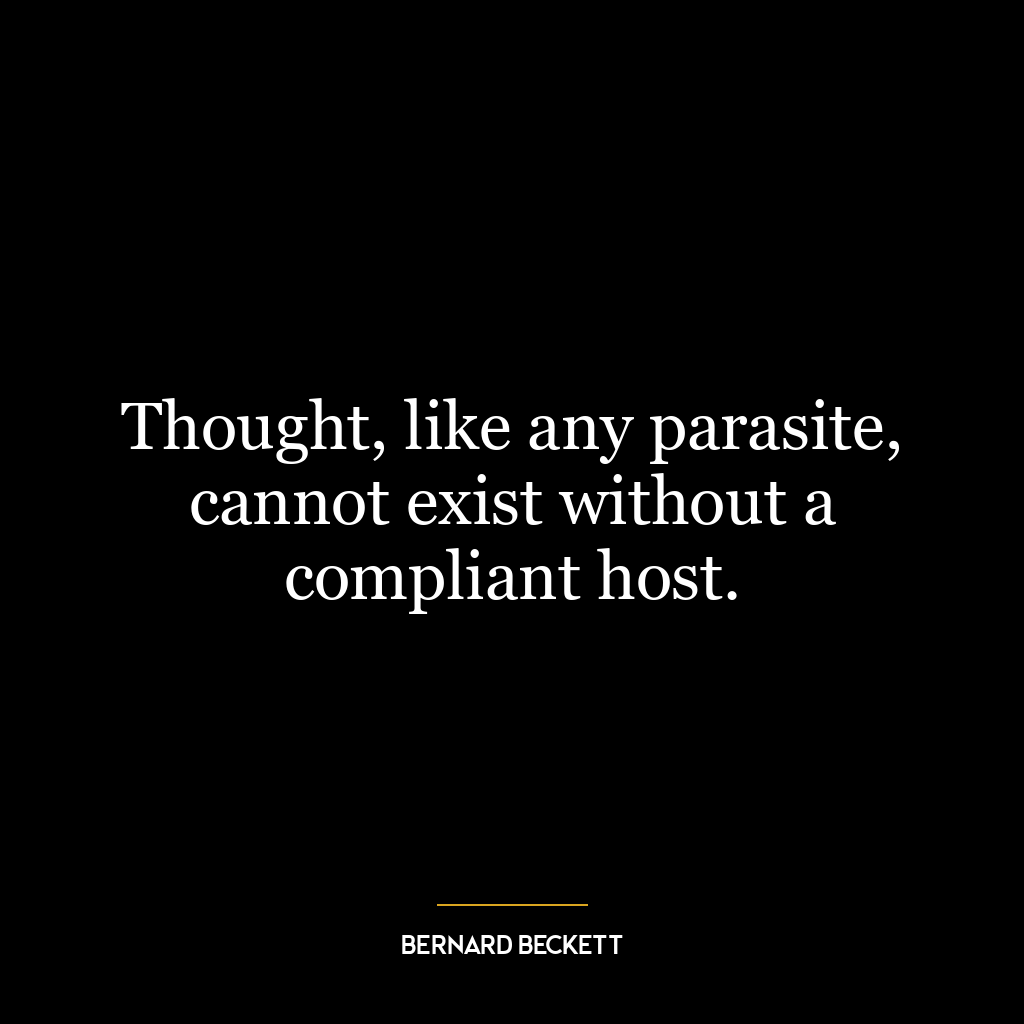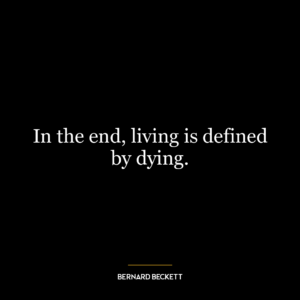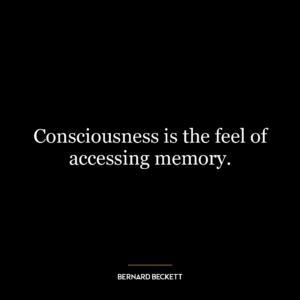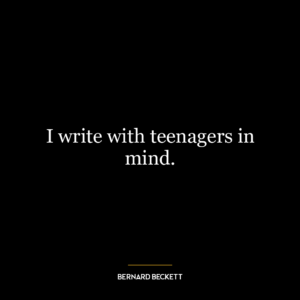Thought, like any parasite, cannot exist without a compliant host.
This quote suggests that thoughts, like parasites, require a suitable environment to thrive and survive. In this context, the ‘compliant host’ is the human mind. The thought cannot exist independently; it needs a mind that accepts and nurtures it. This can be seen in both positive and negative lights. Positive thoughts can foster growth and development when thay find a receptive mind, while negative thoughts can cause harm if they take root in an accommodating mental environment.The comparison of thought to a parasite is particularly striking because parasites are typically seen as harmful or destructive organisms that live off their hosts without contributing anything beneficial. But just as parasites adapt to their hosts for survival,so too do our thoughts mold themselves according to our minds.In today’s world of details overload, this idea becomes even more relevant. We are constantly bombarded with ideas and perspectives from various sources – social media platforms, news outlets, peer groups etc., which attempt to implant themselves into our minds like parasites seeking hosts.
From a personal development perspective, this quote reminds us of the importance of being mindful about what we allow into our minds – what kind of ‘parasites’ we are allowing in. Are they ones that will drain us or ones that will contribute towards positive growth? It underscores the need for critical thinking skills – evaluating each thought or piece of information before accepting it blindly.
moreover, it highlights how powerful our minds can be as hosts – nurturing certain thoughts while rejecting others based on their worthiness and relevance to us personally. Our ability to control which ‘parasites’ thrive within us ultimately shapes who we become as individuals.












